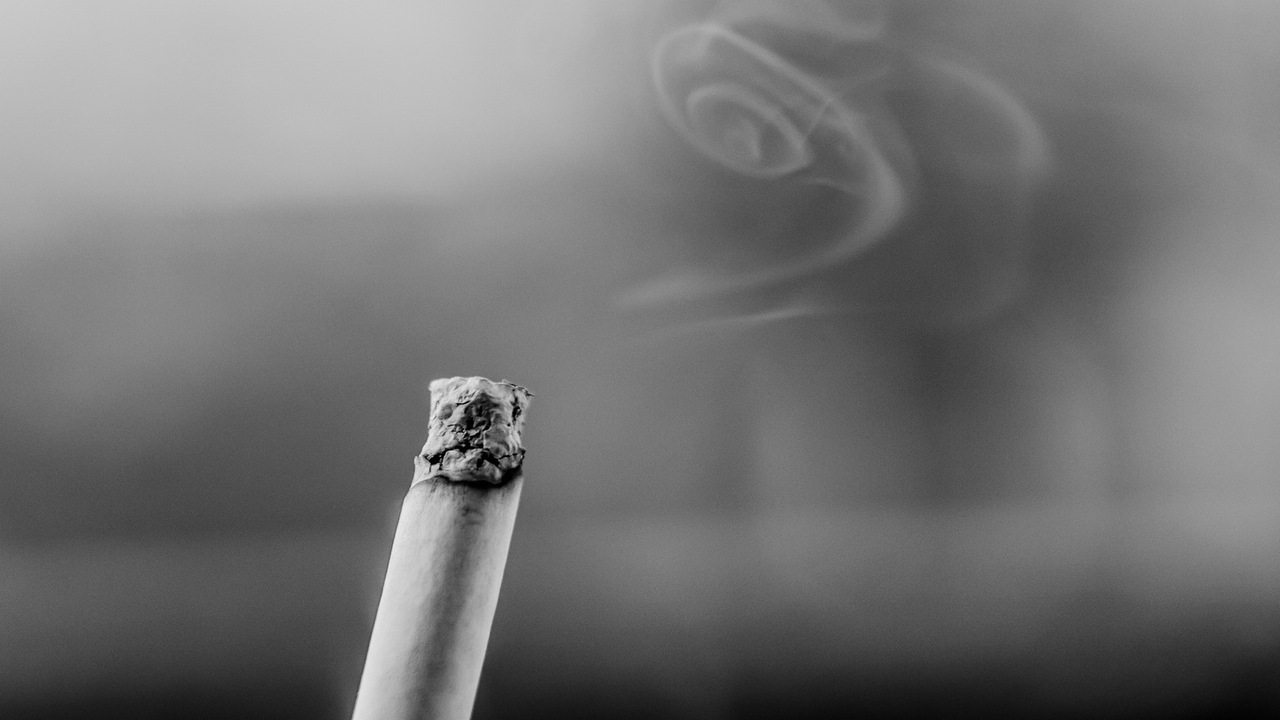 Photo: Getty Images
Photo: Getty Images
Smoking tobacco products is responsible for an estimated 90 percent of lung cancer cases. A review by Janine K. Cataldo and collaborators at the University of California reported that smoking cessation is an important treatment, as well as preventive measure. Up to 83 percent of smokers who are diagnosed with lung cancer continue to smoke.
Benefits of smoking cessation for lung cancer patients include:
1. Decreased risk of tumor recurrence and metastasis
3. Decreased postoperative complications,
4. Improved response to chemotherapy and radiation
5. Improved quality of life, including both physical and emotional benefits
However, smoking cessation is much more difficult than other therapies. Cataldo and coauthors recommended that all smokers should receive both counseling and pharmacotherapy. Medications approved for smoking cessation include nicotine replacement therapies, buproprion, and varenicline.
A new way to quit smoking successfully was published in early 2011 by two psychologists. Bertram P. Karon, Ph.D., of Michigan State University, and Amarie J. Widener, Ph.D., of Georgetown University reported success for this method in private psychotherapy practice. The procedure is as follows:
1. First, make the decision to quit smoking. People who are not ready to quit, or who are just trying to please their families, will not be successful.
2. Observe how many cigarettes per day you normally smoke.
3. For one entire month, buy your usual number of cigarettes every day.
4. Whenever you want to smoke, light a cigarette, and put it out immediately. It's okay to light several cigarettes in a row; just put each one out immediately.
5. Be prepared for the possibility that you will forget to put the cigarette out immediately at some point. Just put it out as soon as you remember, and go back to your routine of putting out cigarettes as soon as you light them.
This is a purely psychological approach to treating nicotine dependence. It is based on the theory that environmental cues trigger nicotine cravings, and may be just as important as the actual effects of nicotine. Karon and Widener commented that their clients did not use medication, but the procedure could be used in combination with pharmacological therapy for smokers who prefer that approach.
References:
1. Cataldo JK, Dubey S, Prochaska JJ, “Smoking cessation: An integral part of lung cancer treatment”, Oncology 2010; 78: 289-301.
2. Karon BP, Widener AJ, “Preventing relapse in smokers who quit”, Ethical Human Psychology and Psychiatry 2011; 13(1): 7682.
Linda Fugate is a scientist and writer in Austin, Texas. She has a Ph.D. in Physics and an M.S. in Macromolecular Science and Engineering. Her background includes academic and industrial research in materials science. She currently writes song lyrics and health articles.






Add a CommentComments
There are no comments yet. Be the first one and get the conversation started!